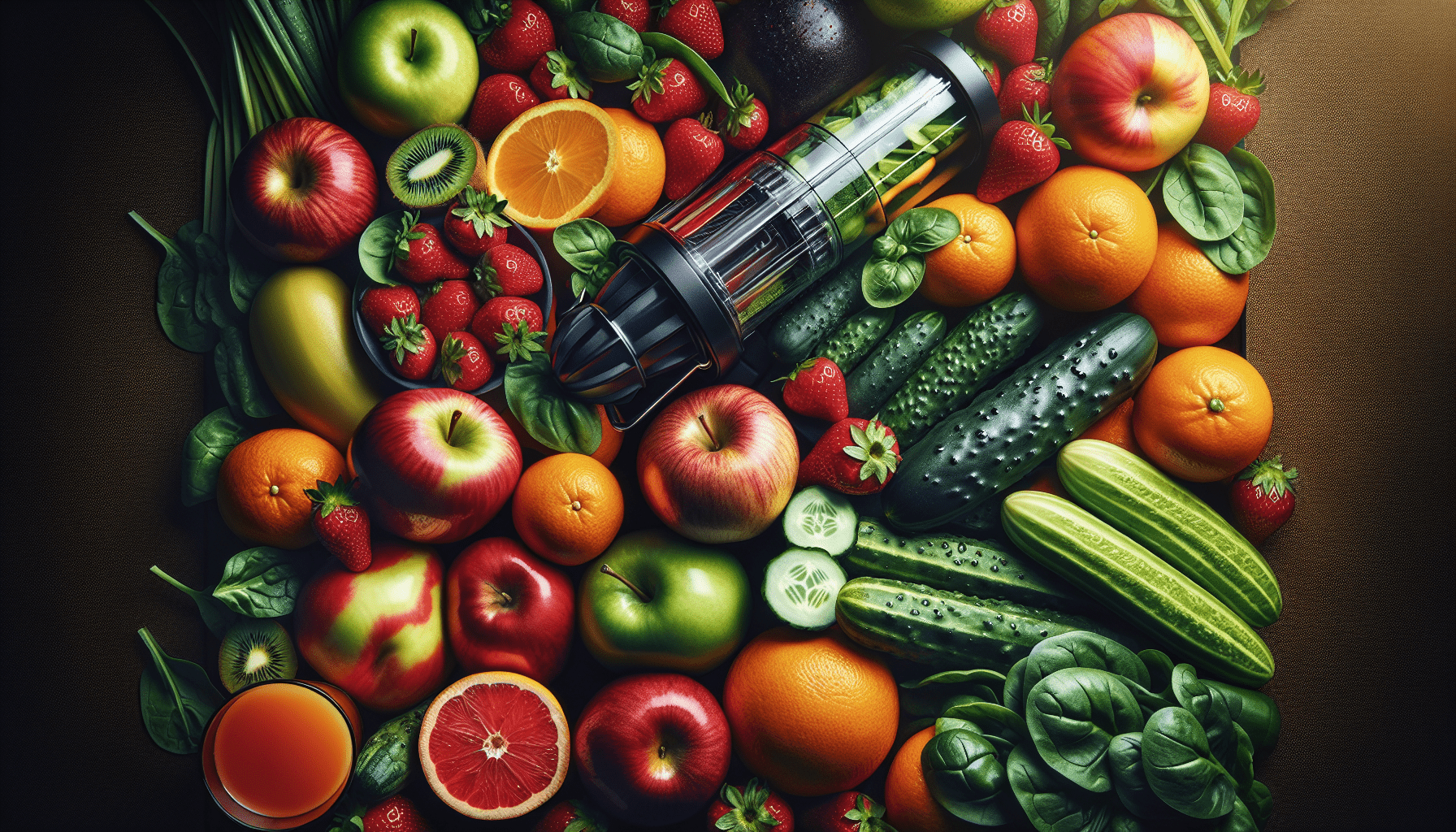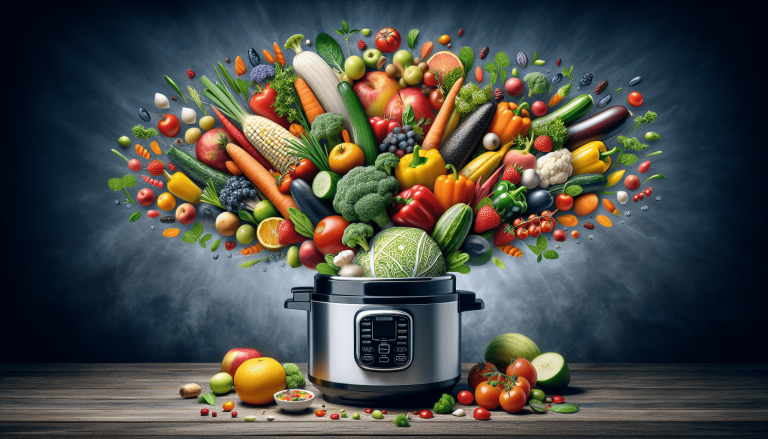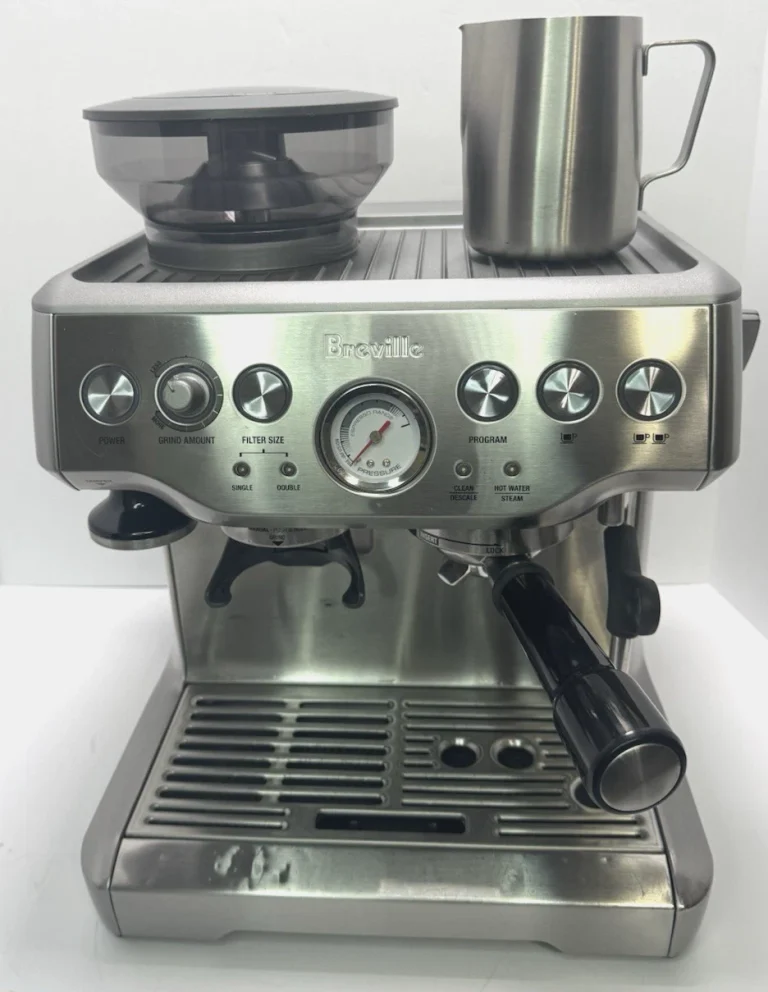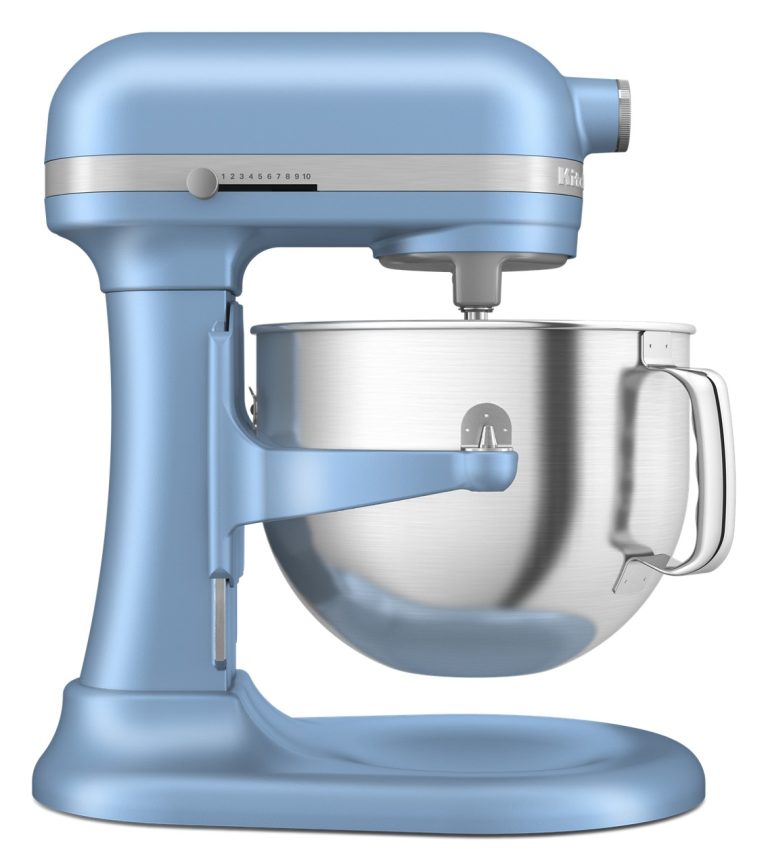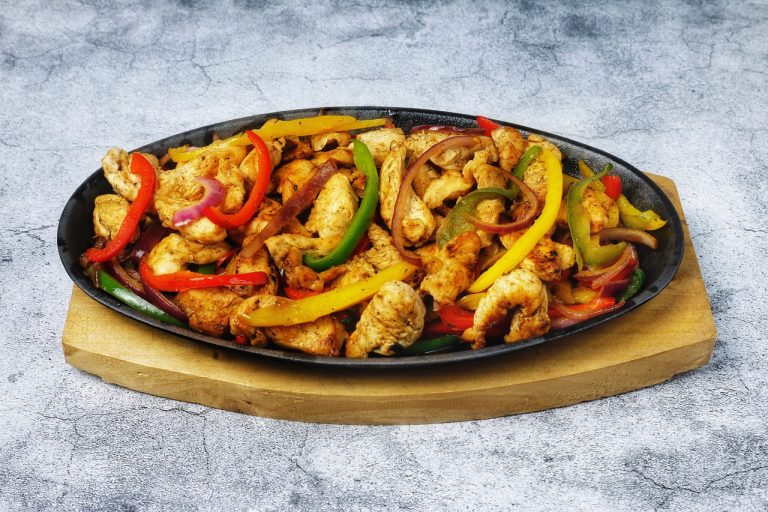Slow Juicer Benefits
Welcome to the wonderful world of slow juicers! In this article, you will discover the numerous benefits of using a slow juicer to create delicious and nutritious fruit and vegetable juices. From retaining more nutrients to producing higher juicer yields, slow juicers are a fantastic addition to any healthy lifestyle. Dive in and explore the world of slow juicer benefits! Have you ever wondered about the benefits of using a slow juicer?
Maybe you’ve heard about slow juicers but aren’t quite sure how they differ from traditional juicers, or perhaps you’re curious about why people are raving about the health benefits of slow juicing. In this friendly and informative article, we’ll take a closer look at the advantages of using a slow juicer and how it can contribute to your overall well-being.
What is a Slow Juicer?
If you’re new to the world of juicing, you may be wondering what exactly a slow juicer is and how it differs from a traditional juicer. A slow juicer, also known as a masticating or cold-press juicer, operates at a much slower speed than a centrifugal juicer. This slow and gentle process helps to preserve more nutrients and enzymes in the juice, resulting in a higher-quality end product.
Health Benefits of Slow Juicing
When it comes to juicing, the main goal is often to incorporate more fruits and vegetables into your diet in an easy and convenient way. Slow juicers are known for their ability to extract juice from produce more efficiently, resulting in a higher yield of juice and less wastage. This means you can get more nutritional bang for your buck when using a slow juicer.
Increased Nutrient Retention
One of the key benefits of using a slow juicer is the higher nutrient retention in the juice. The slow extraction process helps to minimize oxidation and heat, which can destroy delicate vitamins, minerals, and enzymes present in fruits and vegetables. This means that the juice extracted from a slow juicer is not only fresher but also more nutrient-dense compared to juice from a traditional juicer.
Better Digestibility
Another advantage of slow juicers is that they produce juice with a higher fiber content. The slow and gentle extraction process ensures that more fiber is retained in the juice, which can aid in digestion and promote a sense of fullness. Fiber is also essential for maintaining a healthy gut and can help regulate blood sugar levels.
Enhanced Flavor and Texture
Because slow juicers operate at a slower speed, they are able to extract juice without creating excess heat or friction. This means that the juice retains more of its natural flavor and texture, resulting in a tastier and more enjoyable drinking experience. If you’ve ever had juice from a slow juicer, you’ll know just how rich and vibrant the flavors can be.
Reduced Oxidation
Oxidation is a process that occurs when fruits and vegetables are exposed to air, leading to a loss of nutrients and the breakdown of enzymes. Slow juicers minimize oxidation by extracting juice in a slow and controlled manner, preserving the freshness and nutritional value of the juice. This means you can enjoy a glass of juice that is not only delicious but also packed with essential vitamins and minerals.
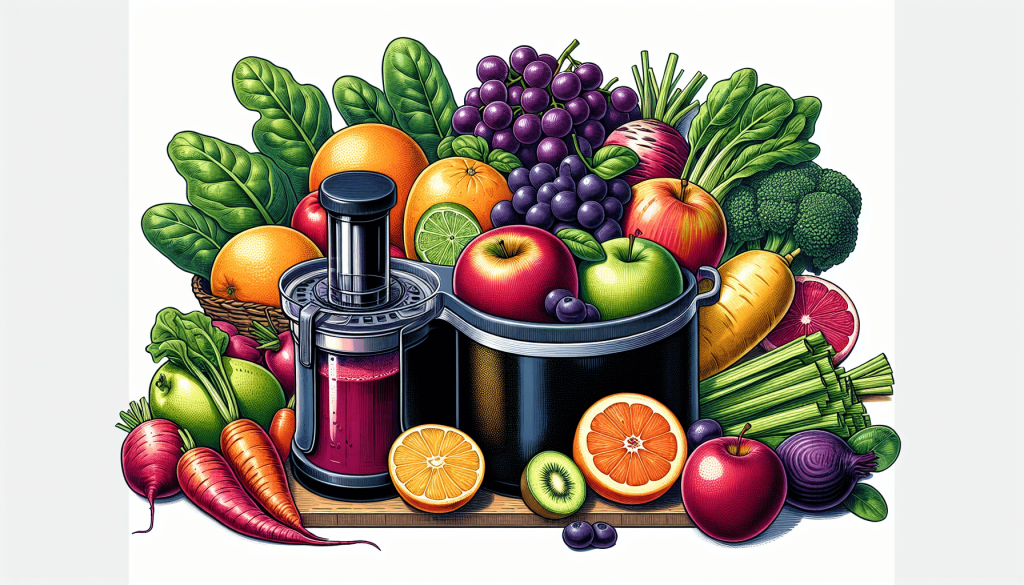
Weight Loss and Detoxification Benefits
Juicing is often associated with weight loss and detoxification, as it provides an easy way to consume a variety of nutrients in a concentrated form. Slow juicers can be particularly beneficial for those looking to shed a few pounds or kickstart a healthy eating plan.
Low-Calorie and Nutrient-Dense
One of the advantages of using a slow juicer for weight loss is that it allows you to consume a high volume of nutrients with relatively few calories. Fruits and vegetables are naturally low in calories but rich in essential vitamins, minerals, and antioxidants. By juicing a variety of produce, you can create nutrient-dense juices that support your weight loss goals.
Cleansing and Detoxifying
Slow juicers can also be beneficial for detoxification, as they help to extract juice that is rich in antioxidants and phytonutrients. These compounds help to support the body’s natural detoxification processes and can aid in removing harmful toxins from the body. By incorporating fresh juice into your diet, you can give your body a healthy boost and support your overall well-being.
Reduced Cravings and Increased Energy
Many people find that juicing can help reduce cravings for unhealthy foods and promote a sense of satiety. Slow juicers produce juice that is rich in fiber and nutrients, which can help to keep you feeling full and satisfied throughout the day. This can lead to fewer cravings for sugary or processed foods and an overall increase in energy levels.
Environmental and Economic Benefits
In addition to the health benefits of slow juicing, there are also environmental and economic advantages to consider when choosing a slow juicer over a traditional juicer.
Reduced Waste
One of the benefits of slow juicers is that they produce a higher juice yield compared to centrifugal juicers. This means that you can extract more juice from the same amount of produce, resulting in less food wastage. Slow juicers also typically produce drier pulp, which can be composted or used in cooking, reducing the overall impact on the environment.
Cost-Effective
While slow juicers may have a higher upfront cost compared to centrifugal juicers, they can save you money in the long run. Because slow juicers are more efficient at extracting juice, you can get more juice from the same amount of produce, ultimately reducing your grocery bill. Additionally, making your own fresh juice at home is often cheaper than buying pre-packaged juices from the store.
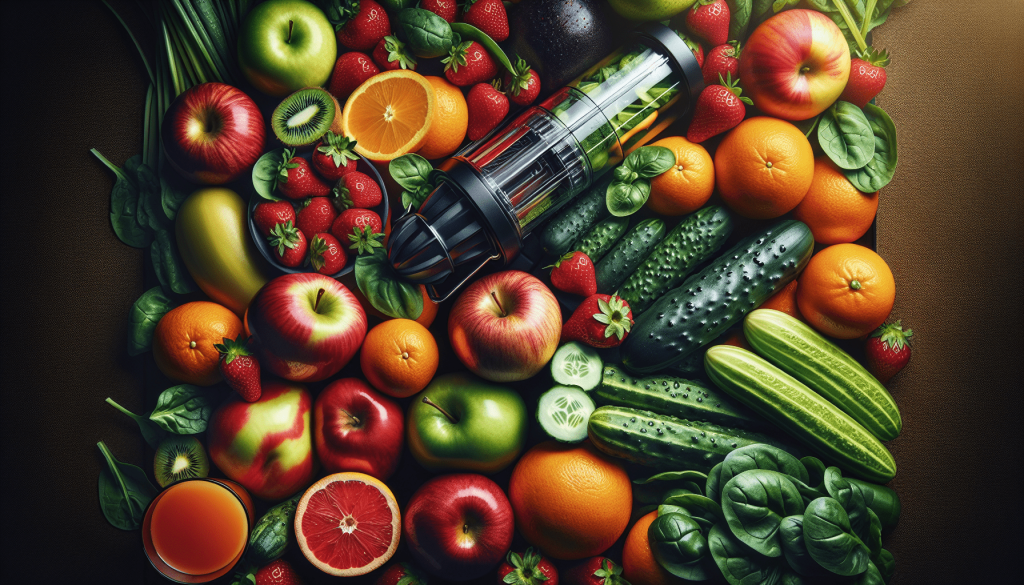
Tips for Getting the Most out of Your Slow Juicer
To fully reap the benefits of using a slow juicer, there are a few tips and tricks to keep in mind. By following these guidelines, you can ensure that you’re getting the most nutritional value from your fresh juice.
Choose Fresh, Organic Produce
When juicing, it’s important to use fresh, high-quality produce to maximize the nutrients in your juice. Whenever possible, opt for organic fruits and vegetables to avoid pesticides and chemicals. Washing your produce thoroughly before juicing can also help remove any residual contaminants.
Mix and Match Ingredients
To create delicious and nutrient-rich juices, experiment with different combinations of fruits and vegetables. Try incorporating a variety of colors and flavors to ensure that you’re getting a wide range of nutrients in your juice. Leafy greens, citrus fruits, and root vegetables are all great options for juicing.
Drink Fresh Juice Immediately
To preserve the freshness and nutritional value of your juice, it’s best to drink it immediately after juicing. Fresh juice is at its peak in terms of flavor and nutrient content right after extraction, so try to enjoy it as soon as possible. If you do need to store juice for later, be sure to refrigerate it in an airtight container and consume it within 24 hours.
Clean Your Juicer Regularly
Proper maintenance of your slow juicer is essential to ensure its longevity and optimal performance. Be sure to clean your juicer thoroughly after each use to prevent any buildup of pulp or residue. Most slow juicers come with a cleaning brush and instructions for easy maintenance.
Conclusion
In conclusion, slow juicers offer a host of benefits for your health, well-being, and the environment. From increased nutrient retention and better digestibility to weight loss support and cost-effective juicing, there are plenty of reasons to consider adding a slow juicer to your kitchen arsenal. By following these tips and incorporating fresh juice into your daily routine, you can reap the rewards of slow juicing and enjoy delicious, nutrient-rich beverages that nourish your body from the inside out.

